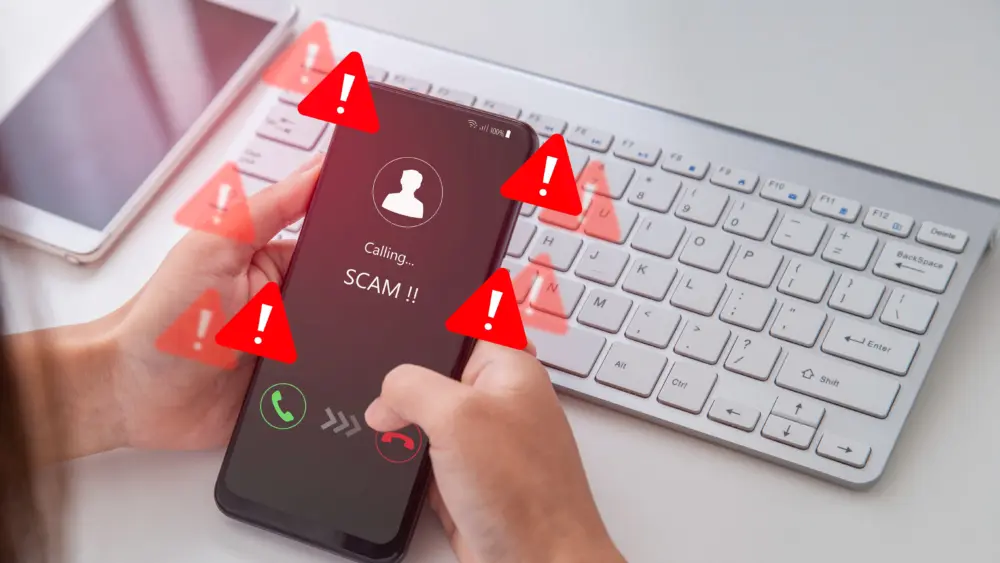No, I’m not talking about the day Buddy Holly, Richie Valens and the Big Bopper crashed into an icy Iowa cornfield 50 years ago. I’m referring to the brief period earlier this year when Google went, to use a technical term, “crazy.” Here’s the story from the official Google blog (googleblog.blogspot.com):
“If you did a Google search between 6:30 a.m. PST and 7:25 a.m. PST this morning [31 January 2009], you likely saw the message ‘This site may harm your computer’ accompanied each and every search result. This was clearly an error, and we are very sorry for the inconvenience caused to our users.”
So what exactly does “this site may harm your computer” mean? As you may know, it’s possible for a website, without asking your permission, to download software onto your computer via your browser. If that software is malicious in nature (so-called “malware”), it may do things that are harmful to you: anything from stealing passwords and account information to reformatting your hard disk to adding your computer to a “bot-net” used to attack other computers.
Lest you suddenly cancel your Internet service after reading that last paragraph, let me state very clearly that most websites aren’t trying to infect your computer with malware. And, of the ones that are, most are probably unaware their website has been compromised, although that’s of no help to the unfortunate visitors to those sites.
To its immense credit, Google is trying to make the Web a safe place to surf, since its business depends on it. Google already “spiders” the Web to collect information for search results, and those same spiders can inspect Web pages for the code needed to install malware when that Web page is visited. When that happens, the page is flagged as one that may harm your computer. If the page is returned as part of a Google search query, it’s annotated with the “this site…” warning. If you don’t notice or ignore that warning and click on the result anyway, you are sent to an “interstitial” page that reemphasizes the possible danger in visiting the site.
As you can see, having Google flagging every result with the “this site…” warning caused a big panic, both for people doing searches and for the owners of the sites being incorrectly flagged. Even though the problem existed for less than an hour, tens of millions of searches were likely performed during that time (as of July 2007, Google was handling in excess of 1.2 billion search queries each day).
The reason for the problem was, of course, human error. Someone erroneously added information to Google’s database of flagged pages, which caused Google’s matching routines—Is this page a flagged page?—to find a positive match for every page.
The Google outage underscores how central Google is to most people’s online activities. I use Google many times each day, both for research and for goofing off, and I’m sure most of you do as well. Following the outage, a number of people wrote “what if Google disappeared tomorrow” articles (I’ve linked to a couple from my NorthBay biz blog), decrying our dependence on a single vendor. The argument is a bit specious, since you can still get search results from Yahoo! and MSN, among many others. Certainly, there’s a long list of Google services: gmail, Blogger, Maps (boy, I’d miss that one), Analytics, FeedBurner, AdSense (which enables lots of sites to make money), Picasa, Docs, Calendar, YouTube and so on. The real point isn’t so much that we rely a lot on Google, but for anything other than search results, Google is a repository for a lot of our personal data!
If there’s any takeaway here, it’s that people who are relying on Google (or any other “cloud-based” service) had better have a copy of whatever data they’ve entrusted to a Web-based service, preferably in a portable format. But I strongly suspect most users don’t, since most people don’t even back up their own computers.
The outage also raised awareness of Google’s “this site may harm your computer” feature. I’m sure many people had never seen it before. Of course, we can also arrive at a malicious website by ways other than clicking on a Google search result. What then?
One of the things I like about using Google’s Chrome browser (my current browser choice) is that if you enable “phishing and malware protection,” Chrome uses the same mechanism as Google search to protect me all the time. It communicates with Google’s servers to check to see if pages I’m visiting have been flagged as dangerous. This is a real benefit. To be fair, Internet Explorer has active phishing checks, and Firefox uses a mechanism similar to that used by Chrome.
Despite the fact that there are people who use it as a lockpick or gun, I still love the Web. I love being able to sit in my easy chair and access huge amounts of information, watch TV shows, play games and see what other people are doing. I love being able to publish my words and images for the world to see. Whether Google is working or not, I don’t think that music is likely to die anytime soon.
Support your local tech blogger
As I mentioned in my last column, the NorthBay biz website has added a Web log (“blog”) where I post more frequently on technology and business-related topics. In an effort to entice you to visit our blog (and even subscribe, using a blog reader), here’s what I’ve blogged about since my last printed column: Desktop Tower Defense, an actual example of “cloud computing” (which I’ve written about in this column), the uncanny Emily (you gotta see her), phishing on Twitter, the value of LinkedIn groups, a website for people looking for someone with whom to have an affair, the Vatican’s YouTube channel, an interesting thing found at most dry cleaners, customer reviews of doctors and a better way to determine if a product or service is “for real.” The best part? You can leave a comment or question. If you like what you see, please let me know.
Author
-

Michael E. Duffy is a 70-year-old senior software engineer for Electronic Arts. He lives in Sonoma County and has been writing about technology and business for NorthBay biz since 2001.
View all posts



